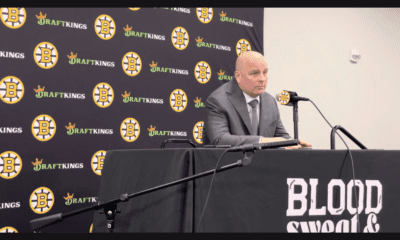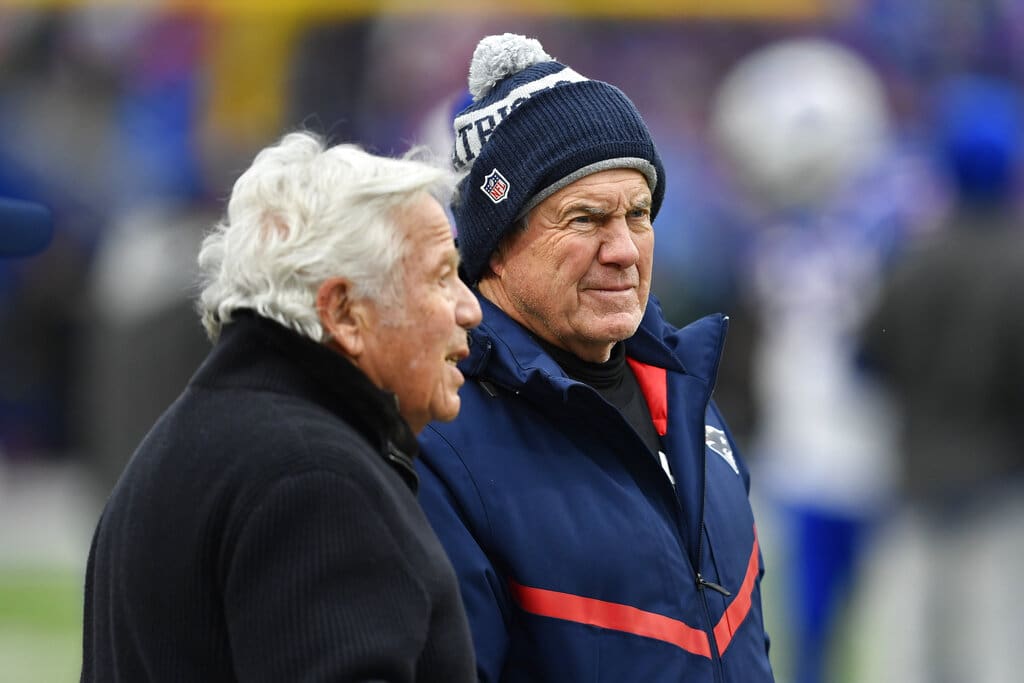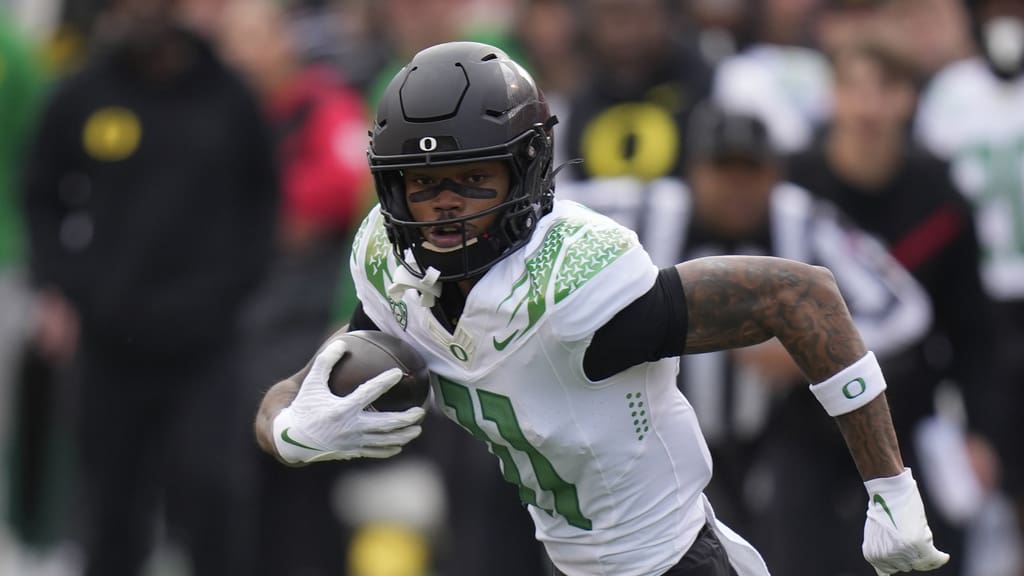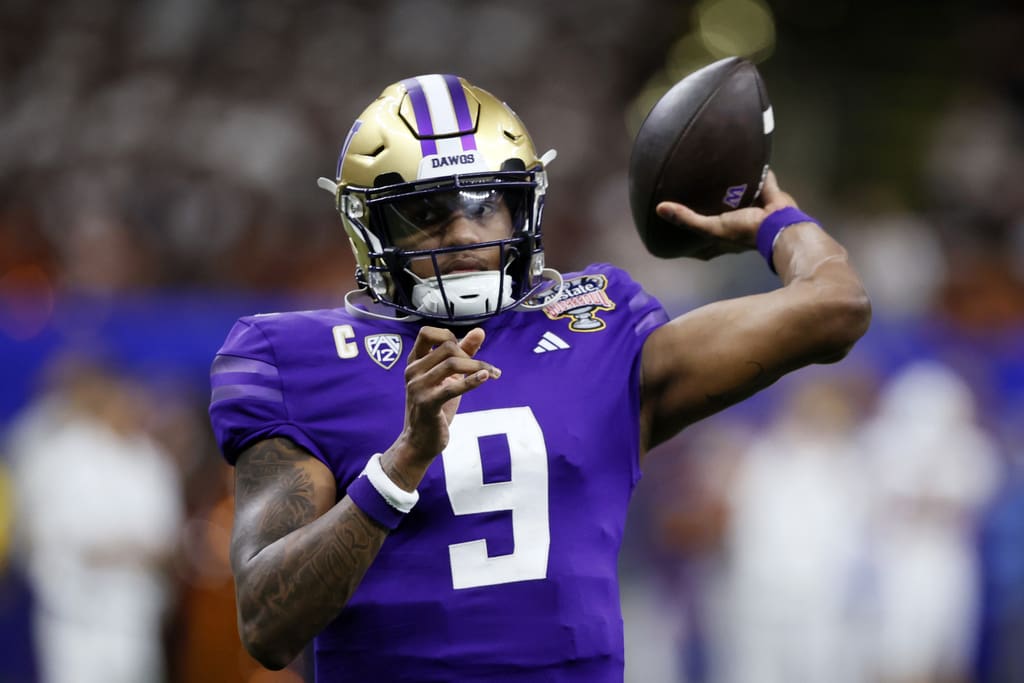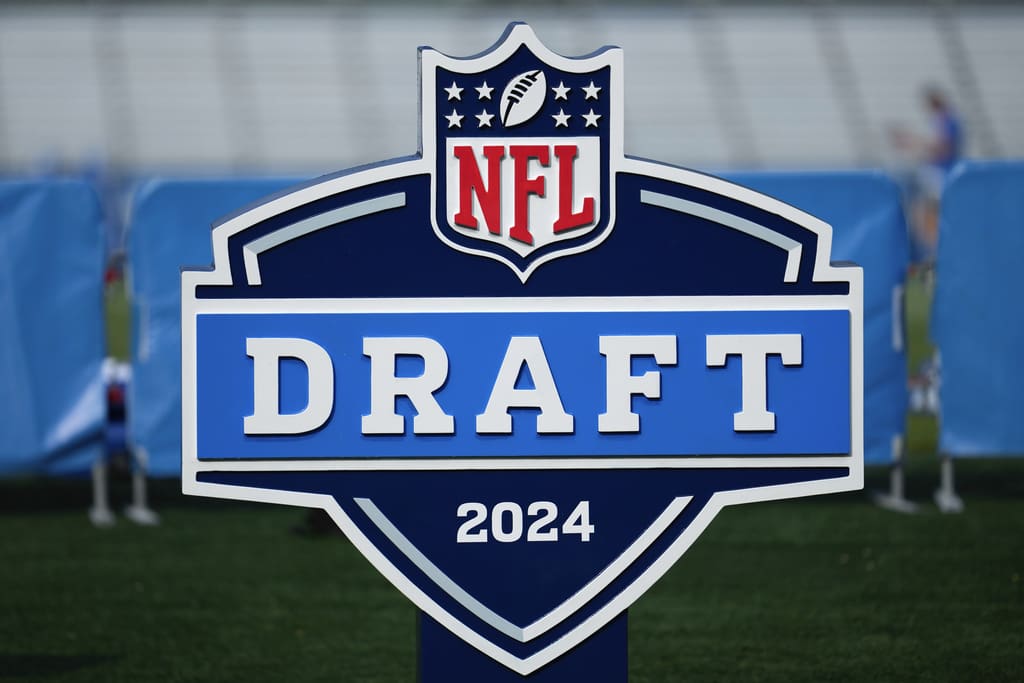Boston Bruins
NHL To Expand Video Review After Playoff Controversy
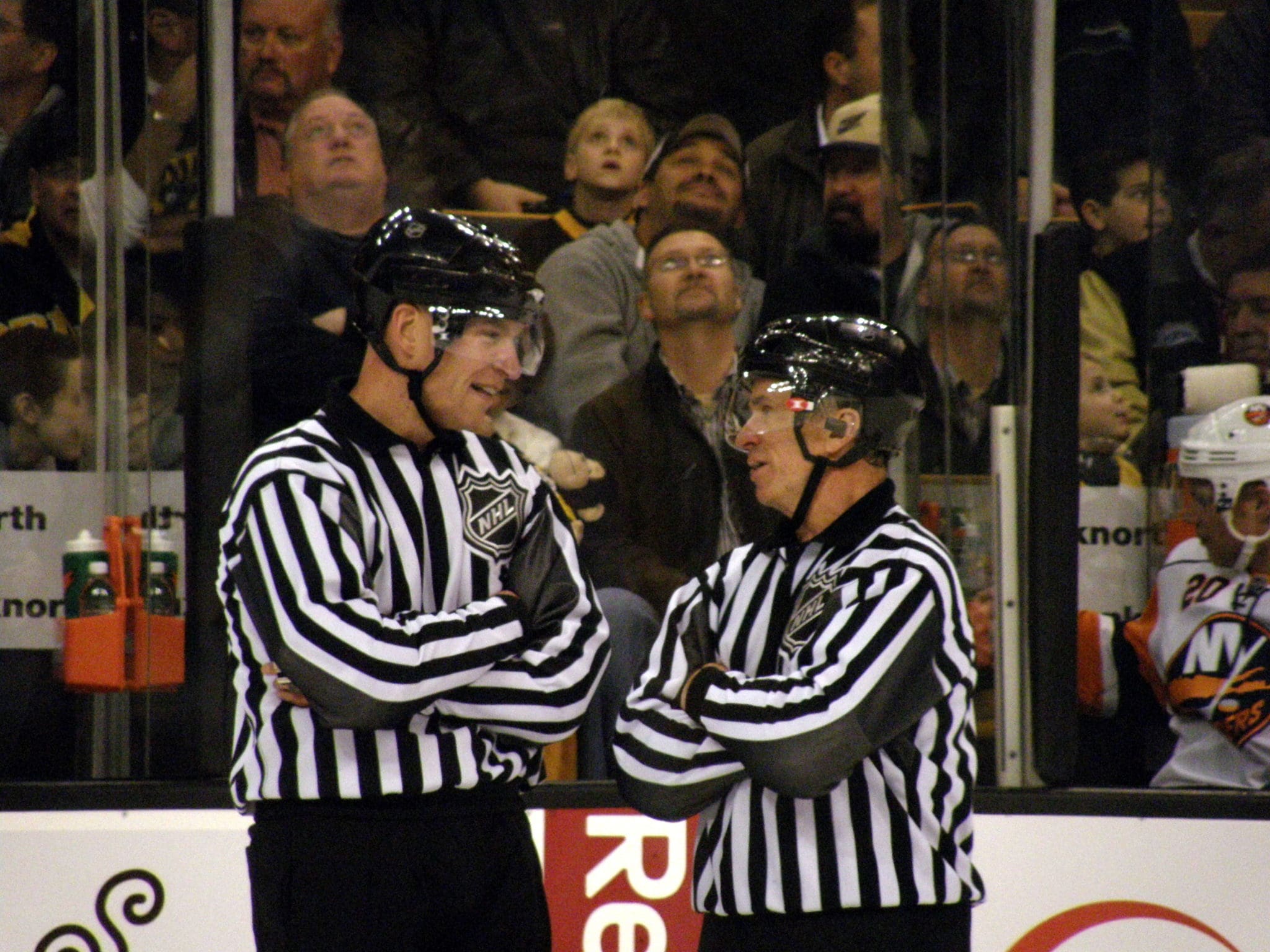
Changes are coming to the video review system in the NHL, but are these changes to be classified as “Real Changes” as Bruins Owner Jeremy Jacobs talked about on Tuesday at his end of the year press conference?
“I think we can see some real changes,” he said Tuesday. “I’m hopeful that we do it better in a very quick way. It’s important that the game not be interrupted, but at what cost.”
The league announced on Thursday the approval to expand the video replay system to include an unlimited amount of coaches challenges for goalie interference, offside, along with pucks that hit the spectator netting, pucks that are high-sticked to a teammate in the offensive zone, pucks that have gone out of play, but subsequently touched in the offensive zone, and hand passes that precede without a play stoppage and ultimately conclude in the scoring of a goal. Plays that entail “discretionary stoppages” (i.e. penalty calls) will not be subject to a Coach’s Challenge.”
However, there will still be a consequence of every unsuccessful coaches challenge. On the first wrong coach’s challenge, the team will be assessed a minor penalty for delay of game. For each additional wrong coach’s challenge, the team will be assessed a double minor penalty for delay of game.
This year’s Stanley Cup Playoffs were marred by several missed calls that with the help of these changes to replay the outcome of the result might have been different. Allowing plays, especially goals to be reviewed once the whistle has blown stems from the controversy that surrounded the ending to Game 3 of the Western Conference Final between the St. Louis Blues and San Jose Sharks when Erik Karlsson scored in overtime on a hand pass from Timo Meier.
From a Bruins perspective, if Bruins Head Coach Bruce Cassidy had the option to challenge in Game 4 against the Columbus Blue Jackets in Round Two, under these new rules to replay, the Artemi Panarin controversial goal would have been reviewed and probably called back as the puck hit the protective netting above prior to going into the net.
Cassidy will have to wise about when and where to use his coach’s challenges once the regular season comes as he will need to be absolutely sure the call on the ice was incorrect. Teams today not only have the Ipads on the bench but personnel upstairs constantly watching the game on video and will buzz down to the coach when and when not to challenge a play on the ice.
Another change that is coming to video review is now referees have the ability to review all Major and Match penalties to determine whether or not the call on the ice was accurate similar to what goes on International Hockey. Upon review, the referees can either keep the five minutes on the board or reduce the call to a two-minute minor penalty.
This change stems from the controversy that surrounded Game 7 between San Jose and the Vegas Golden Knights in the First Round when Cody Eakin was given a match penalty for his hit on Joe Pavelski. If the officials had the chance to review this play, the penalty would have been reduced to just a minor penalty.
The referees will also have the ability to conduct a review on high sticking calls and determine if the infraction occurred by the player’s own teammate or the opposition. This will be done on the referee’s discretion and without help from the NHL Situation Room.
Unfortunately, these changes would not have helped the Bruins in Game 5 of the Stanley Cup Final as the slew foot by Tyler Bozak on Noel Acciari that led to the game-winner by David Perron would still not be reviewable.
“I think we’re a professional sport, and I think we suffer what all professional sports are trying to get done” Jacobs said Tuesday. “We’re trying to be perfect without interfering with the game. We try and make all the correct judgments, and it’s clear that we’re not there yet.”
The NHL still isn’t there yet but these new changes are a real step in the right direction.
Read More:
Jeremy Jacobs On Review: “We Could See Real Changes”




